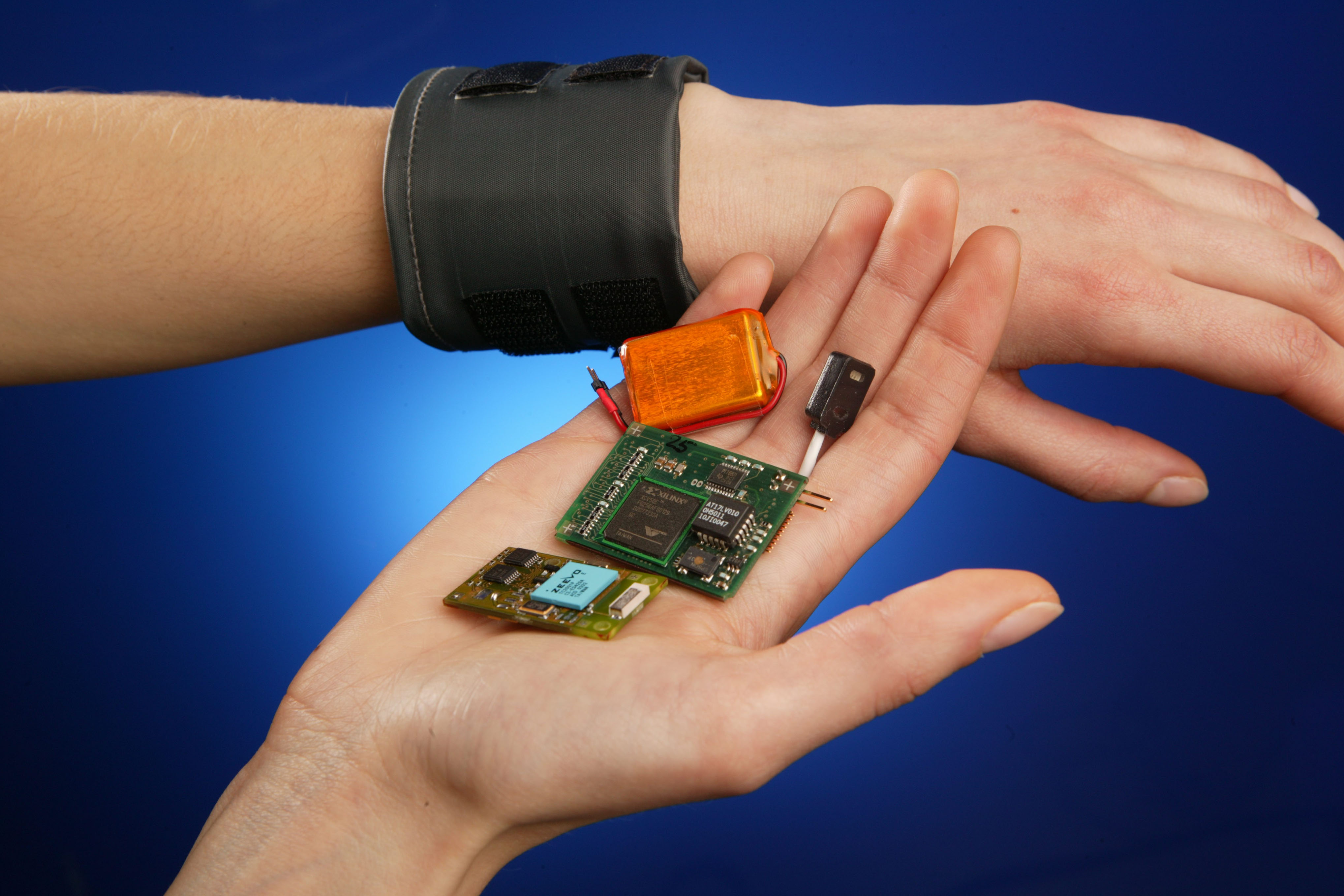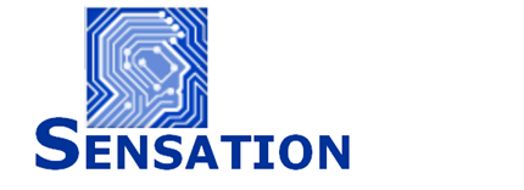Motivation
Humans require sleep. The need for sleep is not a personal choice. A sleepless night can easily lead to extreme short-term drowsiness, while on-going sleep disorders cause chronic fatigue. Today´s 24-hour society puts us under pressure to sacrifice sleep without considering the negative impact on our health and faculties. 20 percent of the population suffers from sleep disorders of varying degrees. This can lead to fatigue, concentration problems and a pronounced inability to function, which increases the risk of traffic and occupational accidents. Fatigue diminishes our reaction time and level of alertness, attentiveness and concentration.
When the amount or quality of sleep is inadequate, our attention span is reduced, information is processed slower and decision making capabilities are impacted. Sleep deprivation and the resulting fatigue, inattention, hypovigilance and stress are among the key causes of serious occupational mishaps, including nuclear power plant disasters such as Chernobyl and Three Mile Island and other deadly incidents like the Bhopal chemical explosion.
Roughly 40 percent of the accident fatalities on U.S. highways are tied to fatigue, whereas sleep accounts for 240,000 traffic accidents each year. In the UK, statistics reveal that 25 percent of the country´s traffic accidents are precipitated by driver fatigue. According to NASA´s aviation security tracking system, approximately 20 percent of the aviation mishaps are also linked to fatigue.
These alarming statistics are the motivation behind “SENSATION“. Sleep duration nevertheless presents an unused window of opportunity to monitor our health. When we sleep, we are in a predictable and controllable environment which “SENSATION“ seeks to exploit.

